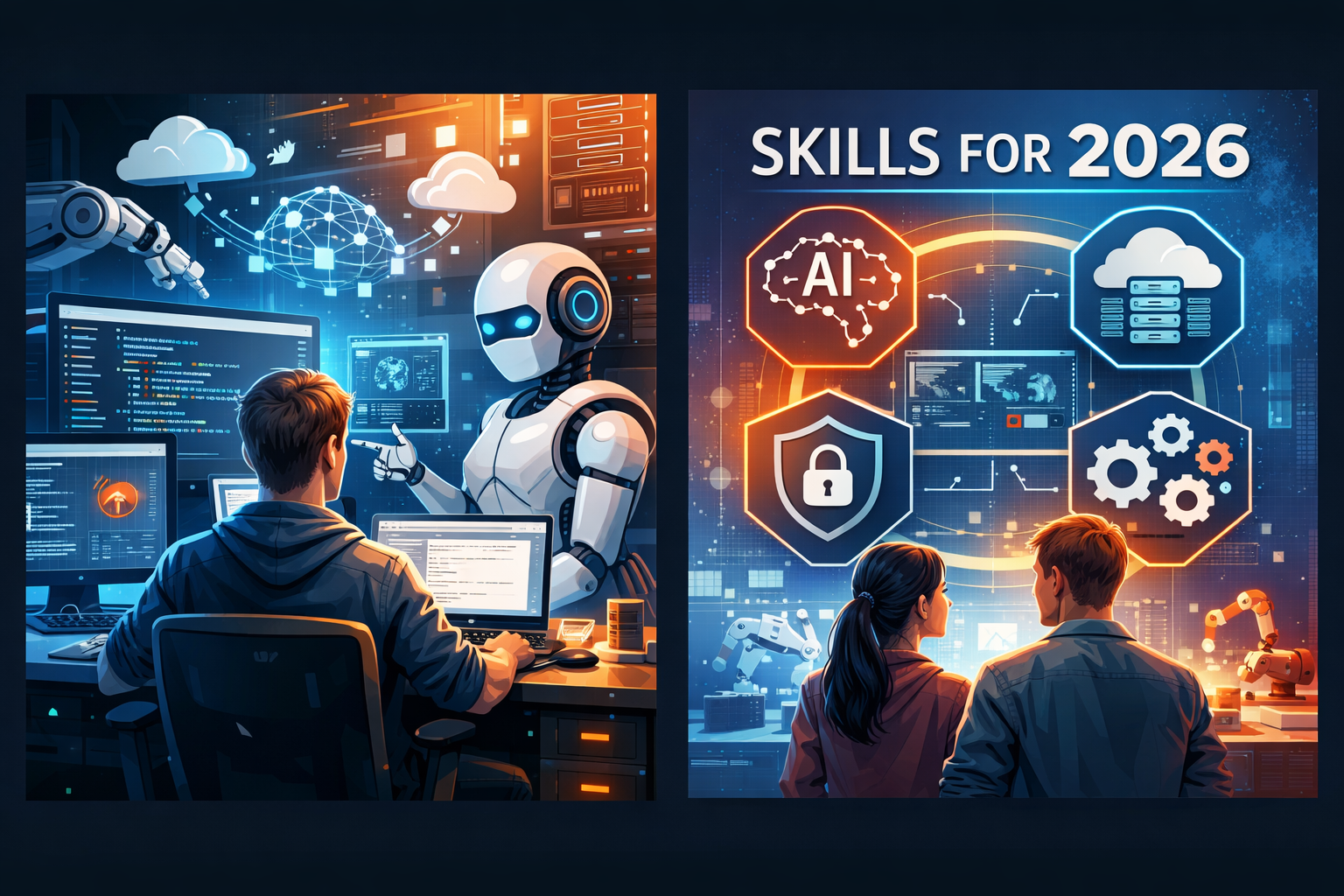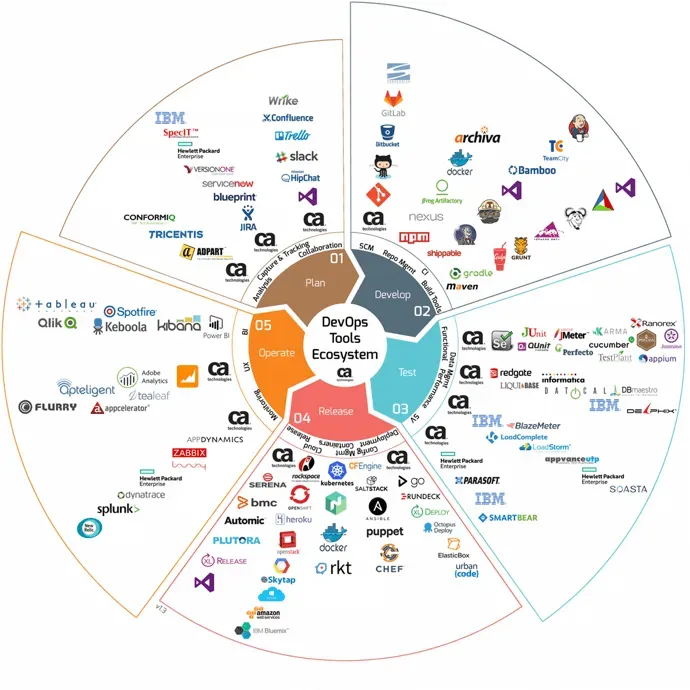The Impact of AI on the Future of the Software Development Industry
Artificial Intelligence (AI) is poised to profoundly transform the software development industry.

Artificial Intelligence (AI) is poised to profoundly transform the software development industry, ushering in a new era of innovation, efficiency, and creativity. As AI technologies advance, they will increasingly influence various aspects of software development, from coding and testing to maintenance and deployment.
Accelerating Development Processes
One of the most significant impacts of AI on software development is the acceleration of the development process. AI-driven tools, such as code completion assistants and automated code generation systems, are already helping developers write code faster and with fewer errors. For instance, GitHub Copilot uses machine learning models to suggest code snippets, reducing the time developers spend on routine coding tasks. As these tools become more sophisticated, they will enable developers to focus on higher-level design and problem-solving activities, thereby increasing overall productivity.
Enhancing Code Quality and Debugging
AI is also revolutionizing the way developers approach code quality and debugging. AI-powered static analysis tools can identify potential bugs, vulnerabilities, and code smells more accurately than traditional methods. These tools use machine learning algorithms to learn from vast amounts of code and detect patterns that might indicate issues. Moreover, AI can assist in automated testing by generating test cases and predicting which parts of the code are most likely to fail. This leads to more reliable and secure software, reducing the time and cost associated with manual testing and debugging.
Personalized Learning and Skill Development
As AI continues to evolve, it will play a crucial role in personalized learning and skill development for software developers. AI-driven learning platforms can analyze individual learning patterns and recommend resources tailored to specific needs and skill levels. This personalized approach to education will help developers stay current with the latest technologies and methodologies, fostering continuous professional growth.
Transforming Project Management
AI is set to transform project management within software development. AI algorithms can analyze historical project data to predict project timelines, identify potential risks, and allocate resources more efficiently. This predictive capability allows project managers to make data-driven decisions, improving project outcomes and reducing the likelihood of delays and cost overruns.
Enabling New Paradigms of Software Development
AI will also enable new paradigms of software development. For example, AI-driven development platforms, sometimes referred to as “no-code” or “low-code” platforms, allow users to create applications with minimal coding knowledge. These platforms democratize software development, empowering a broader range of people to contribute to software creation and innovation. Additionally, AI can facilitate the development of adaptive and self-healing systems that automatically optimize performance and resolve issues without human intervention.
Ethical and Job Market Considerations
While AI presents numerous benefits, it also raises ethical considerations and questions about the future job market for software developers. The automation of routine tasks may lead to job displacement for some roles, while creating new opportunities in AI development and maintenance. It is crucial for the industry to address these challenges by promoting ethical AI practices and providing reskilling opportunities for the workforce.
Conclusion
AI is set to significantly impact the software development industry, enhancing efficiency, code quality, personalized learning, and project management. By embracing AI, developers can focus on creative and strategic aspects of their work, leading to innovative and high-quality software. As the industry navigates this transformation, it will be essential to address ethical considerations and ensure that the benefits of AI are broadly shared.










